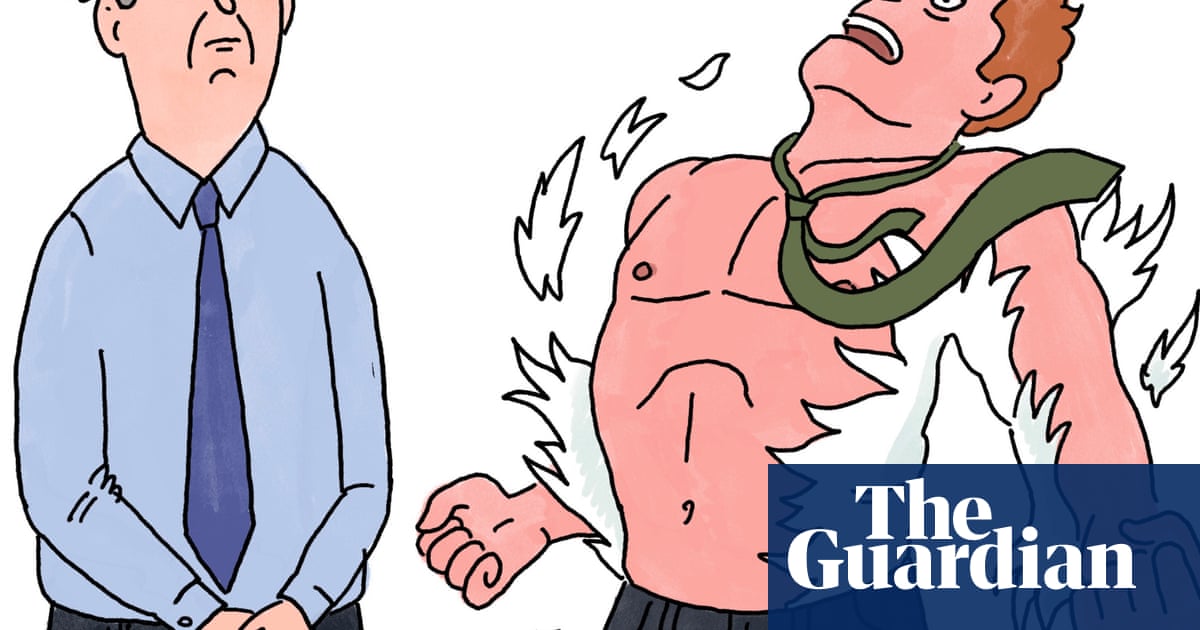You may have noticed it before: someone standing feet apart, hands on hips, chest out. Or maybe you’ve done it yourself before a job interview or big presentation. This is “power posing” – the idea that striking a bold posture can make you feel more confident and improve performance. But does it work?
The concept took off in the early 2010s. “A few studies seemed to show if you expanded your body position, it would change your psychological state,” says Professor Ian Robertson of Trinity College Dublin and author ofHow Confidence Works. “Other studies showed that it could alter testosterone levels, boosting motivation.”
But science has since cooled on the claims. “Subsequent meta-analyses haven’t confirmed this as a reliable effect,” Robertson explains.
Still, something interesting has emerged from more robust studies. While there’s limited evidence that making yourself bigger directly boosts confidence, there is strong evidence that making yourself smaller can have the opposite effect. Slumping in your seat, hunching shoulders or folding into yourself can make you feel less bold.
“If you sit at a meeting in a crouched or huddled position, making yourself small, it affects both your emotion and your performance. You’re less likely to persist through difficult problems. Your mood is lower and you feel less confident.”
Sign up toInside Saturday
The only way to get a look behind the scenes of the Saturday magazine. Sign up to get the inside story from our top writers as well as all the must-read articles and columns, delivered to your inbox every weekend.
after newsletter promotion
This taps into a broader field of psychology called embodiment, which explores how physical postures and movements are closely linked to emotional states. When we’re angry, we expand. When we’re fearful, we shrink. These physical responses are not just outward signs of emotion – they may also feed back into our brains, reinforcing the feelings themselves.
Our emotional circuits and our physical expression circuits are tightly wired together, says Robertson. So if you fake the posture of an emotion, you may actually start to feel it. “There’s a reason that ‘holding your head high’ has long been emphasised in military training and finishing schools.”
